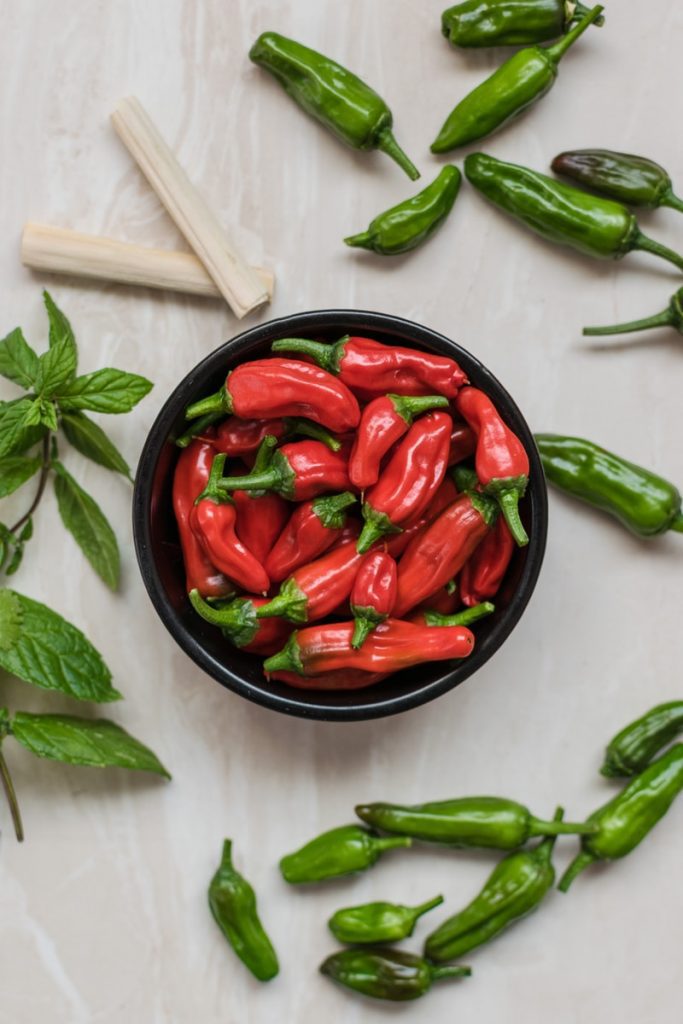Chili is rich in nutrients
Pepper is rich in vitamins A, C, carotene, protein, fat, calcium, phosphorus, iron and other substances.
Its capsaicin is the source of spicy taste, can stimulate saliva secretion, inhibit bacterial growth, accelerate blood circulation and gastrointestinal motility, so eating spicy food is easy to sweat and feel hot.
Eating spicy food has many benefits. Past studies have confirmed that capsaicin is good for health, can resist oxidation and protect blood vessels. New research has also found that eating spicy food can reduce mortality and the risk of death from cardiovascular diseases.
The benefits of eating chili are as follows:
- Warm the stomach to drive away the cold. According to “Food Materia Medica”, chili can warm the spleen and stomach. If you experience symptoms such as vomiting, diarrhea, and stomach ache in the cold, you can eat hot peppers appropriately.
- Promote blood circulation. Pepper has certain medicinal properties, so it can “remove wind, sweat, sputum, and dehumidification.” In modern medicine, it can promote blood circulation, improve coldness, frostbite, and vascular headaches.
- Appetizer and digestion. Chili can promote the secretion of digestive juice and increase food.
- Reduce fat and lose weight. Capsaicin can accelerate the decomposition of fat, and the rich dietary fiber also has a certain effect of lowering blood lipids.
- Skin beauty. Pepper can promote hormone secretion in the body and improve skin condition. Many people think that spicy food will cause acne, but it is not a problem with chili.
- Pain relief and heat dissipation. Capsicum is warm in nature, can reduce body temperature through sweating and relieve muscle pain, so it has a strong antipyretic and analgesic effect. American studies have found that capsaicin can reduce the neurotransmitter that conveys pain and make people feel less painful.
- Fight cancer. Capsaicin can accelerate the death of cancer cells without damaging healthy cells.
- Good for diabetes. For some symptoms of type 1 diabetes, capsaicin can play a role in reducing.
- Lower blood pressure. The latest animal experiments in the United Kingdom have found that capsaicin can lower blood pressure, but the specific mechanism is not very clear.
How to eat chili is better
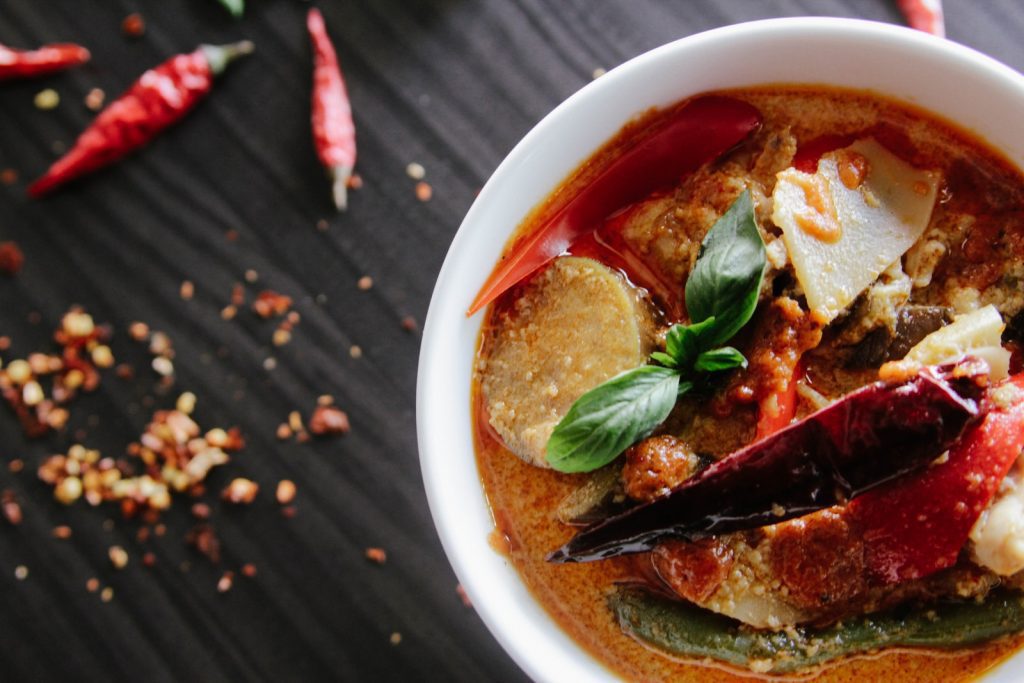
Chili is best cooked before eating
There are dried peppers, fresh peppers, pickled peppers and other types of peppers. It is better to eat fresh peppers because they are richer in nutrients. In addition, peppers are best cooked and eaten. Because raw pepper contains a lot of capsaicin, it may cause irritation to the mucosa of the oral cavity and gastrointestinal tract. After heating, the gastrointestinal irritation will be reduced.
Ways to Relieve Spicy
Eat sweet and sour foods. Sweet can cover and interfere with the spiciness, and acid can neutralize the alkaline capsaicin. It feels too spicy. Dipping in vinegar, drinking a bowl of ice-cold sweet drink, and a piece of cool fruit are all useful.
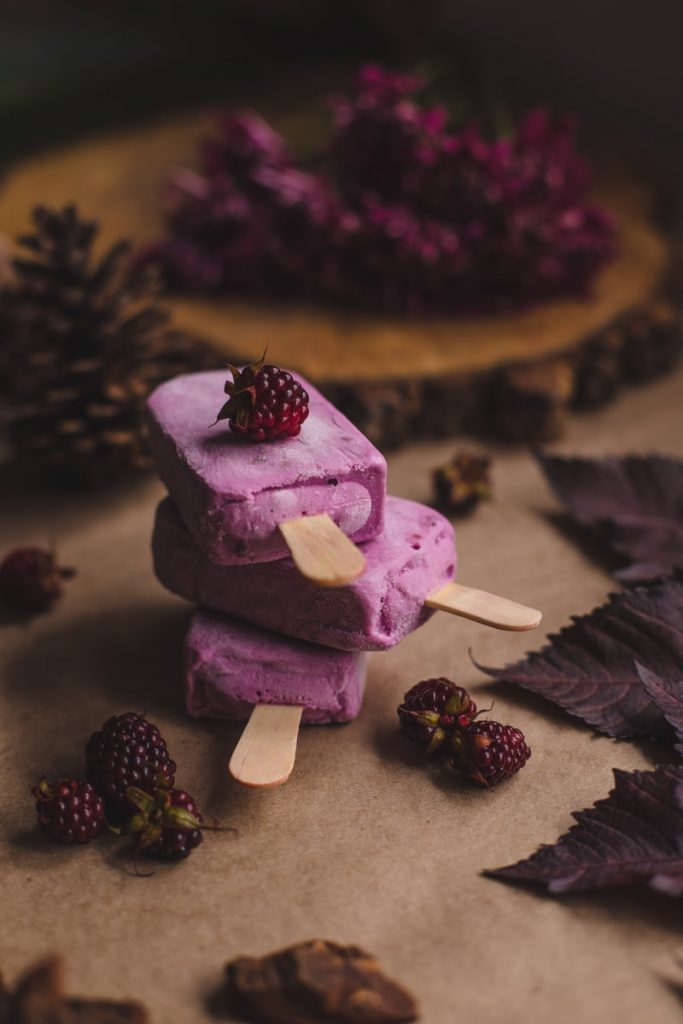
Eat spicy food depends on your physique
Due to different personal physiques, the degree of tolerance varies. People with cold hands and feet who are prone to anemia can eat more appropriately. People with stomach ulcers, esophagitis, hemorrhoids, people with frequent constipation and acne should take it carefully. In addition, pepper has the effect of dispelling dampness.
Eating spicy food can expand capillaries, promote blood circulation, promote collagen synthesis in the body, improve immune function, increase brain cell activity, delay aging, prevent arteriosclerosis, and prevent low-density cholesterol from being oxidized into harmful forms.
Disadvantages of eating too much chili
Too much pepper hurts the stomach
Spicy is not completely free of shortcomings and troubles, and the biggest problem is “stomach injury”.
In animal experiments, a small amount of pepper can protect the mucosa of the stomach, but a large amount of pepper is more likely to harm the stomach. Because a small amount of capsaicin stimulates the blood vessels in the stomach and protects the stomach wall; but a large amount of capsaicin has destroyed the nerve endings, making the stomach more vulnerable.
In addition, although spicy food can prevent cancer, excessive consumption may also have the risk of causing cancer. Oral leukoplakia is a precancerous lesion of oral cancer, and oral leukoplakia is related to the eating habits of hot and spicy food.
Read Articles Different Categories

Best In The World

Beauty and Health
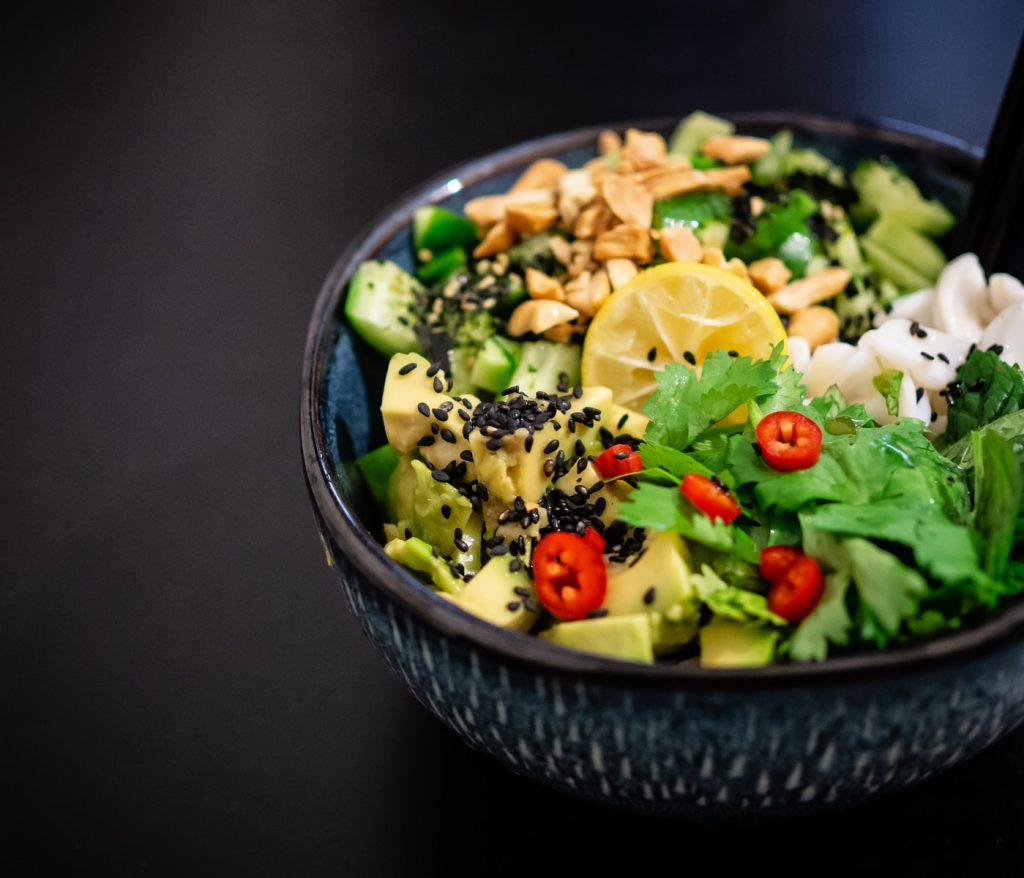
Food and Health

Easy Recipe

Exercise and Health

Family and Life

Finance and Economy

Global Sales Network

Global Selling

Happiness and Health

Medicine and Health

Recipe

The Benefits Of Vitamins

Child intelligence from mother
In terms of genetic genes, mothers are smart, and most of their children are smart. If they were a boy, they would be smarter.
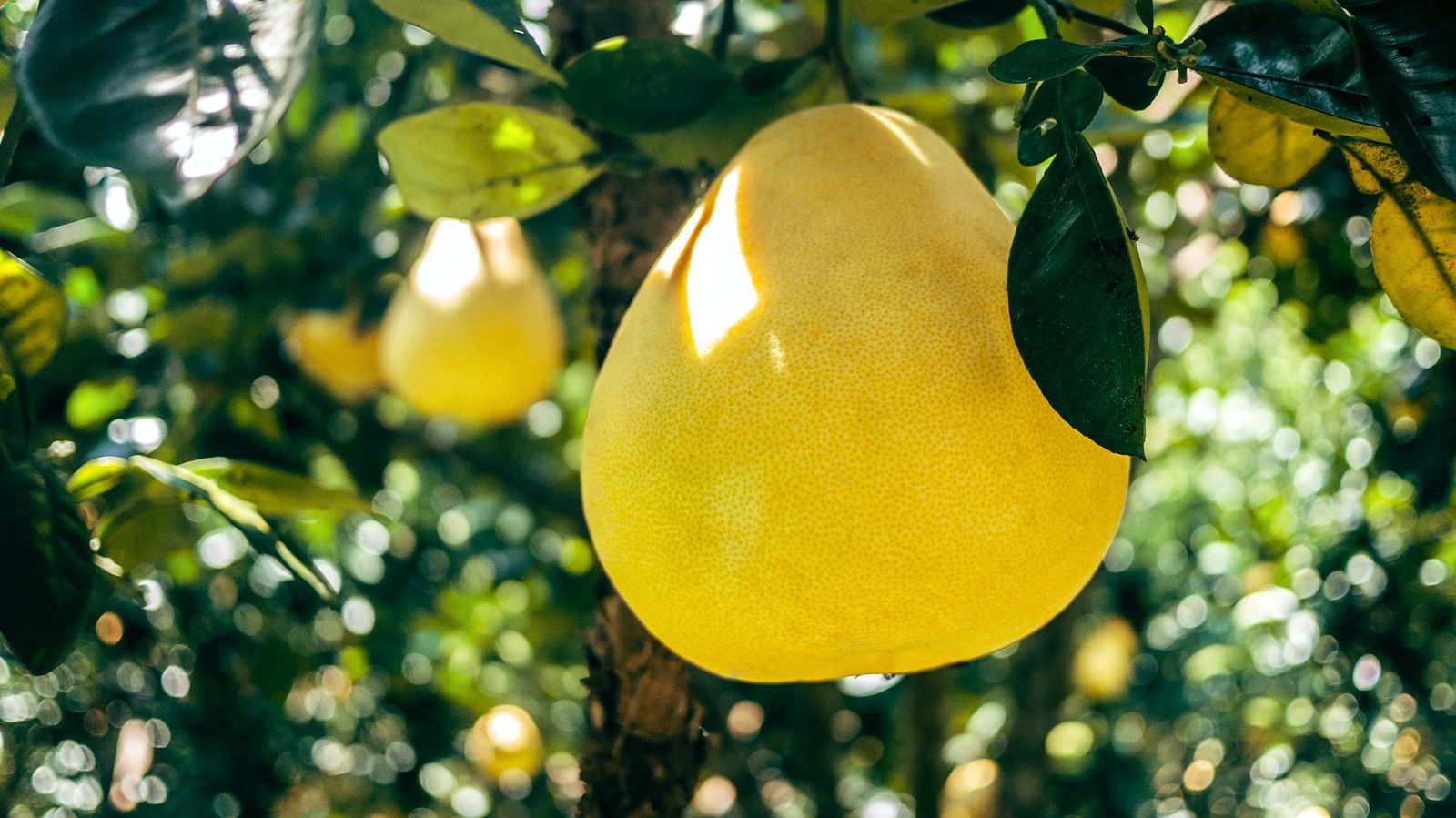
Pomelo helps defecation and anti-cancer
Pomelo is very rich in nutrients. The most outstanding ones include dietary fiber, vitamin C, potassium ions, naringenin, etc….
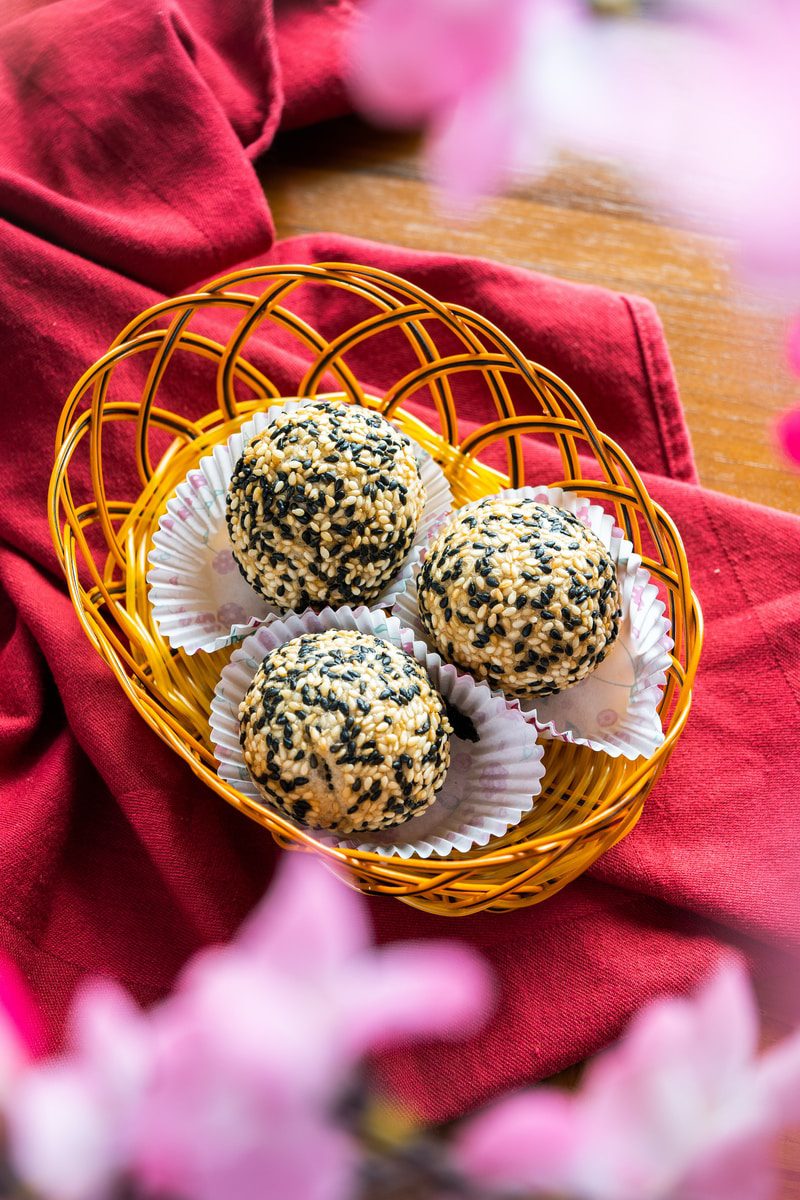
Black and white sesame seeds have different benefits
Black sesame has a high content of anthocyanins, and anthocyanins are well-known antioxidants that can help resist the damage of …
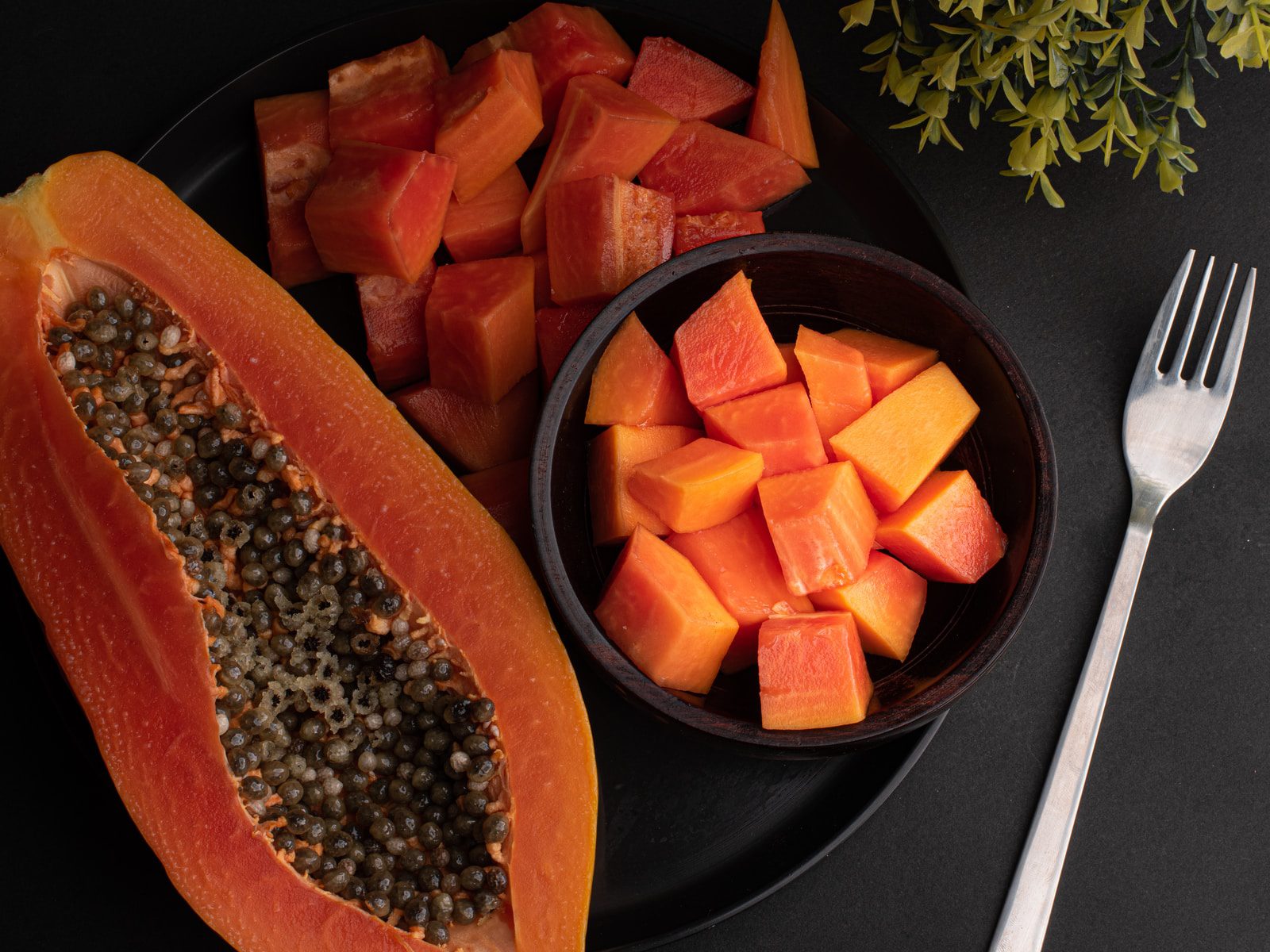
Papaya can fight aging, prevent cancer and help digestion. Vitamin C is five times that of apples!
Papaya is high in vitamins A, B, B1, B2, C, folic acid, beta carotene, and contains a variety of …
